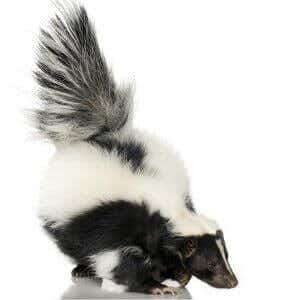
We’re not supposed to utter the F word in polite company. Physicians gussy it up by calling it flatus. Grandmothers use the euphemism “breaking wind.” But adolescent boys love the word fart. And why not? It is what comes to mind when you pass gas. Almost 30 years ago we stumbled across a letter to the editor of the New England Journal of Medicine titled “Speaking the Unspeakable.†W. C. Watson, MD, voiced his strong support for wider use of the F word.
So, dear reader, we shall take Dr. Watson’s advice and refer to flatulence as farting. Regardless of what you call it, passing gas is not a particularly pleasant pastime. We actually think intestinal GAS stands for Gross And Smelly. But seriously, is there anything more embarrassing than riding to work in a car pool and letting out a noisy, malodorous fart? There’s no place to hide, and you can’t blame it on the other guy.
We all fart, some more than others. If you average less than 22 events a day, the experts tell us that there is nothing to worry about. Trying to reduce that number is a losing battle. If, on the other hand, your flatulence is affecting the quality of your life or restricting your social activities, there are some things you can try.
- Keep a fart chart. This is a diary of the foods you eat and the gas you pass. Track trends to see whether there are special foods that foment flatulence. Consider wheat, rye, and barley as possible culprits (in which case you might have undiagnosed celiac disease). Don’t forget dairy. Lactose intolerance is a common cause of gas.
- Consider your medications as possible contributors to a gas problem. A surprising number of drugs can cause flatulence.
- Try Beano (or Lactaid if you are lactose intolerant). These digestive enzymes can minimize the sugars that bacteria use to produce gas.
- To diminish offensive odors, invest in a pair of carbonized undies. They can trap unpleasant smells.
- Pepto-Bismol is a proven antidote to malodorous flatulence. Don’t overdose, though, as it can become toxic.
- Probiotics may reestablish a healthier bacterial environment in your lower digestive tract. This may reduce the amount of gas that is produced.
- Consider fennel seed tea or capsules. This herbal remedy has been used to treat digestive woes, including gas, for centuries.
- Other herbal approaches may include ginger, turmeric, peppermint, caraway, or a combination like Angostura bitters.

